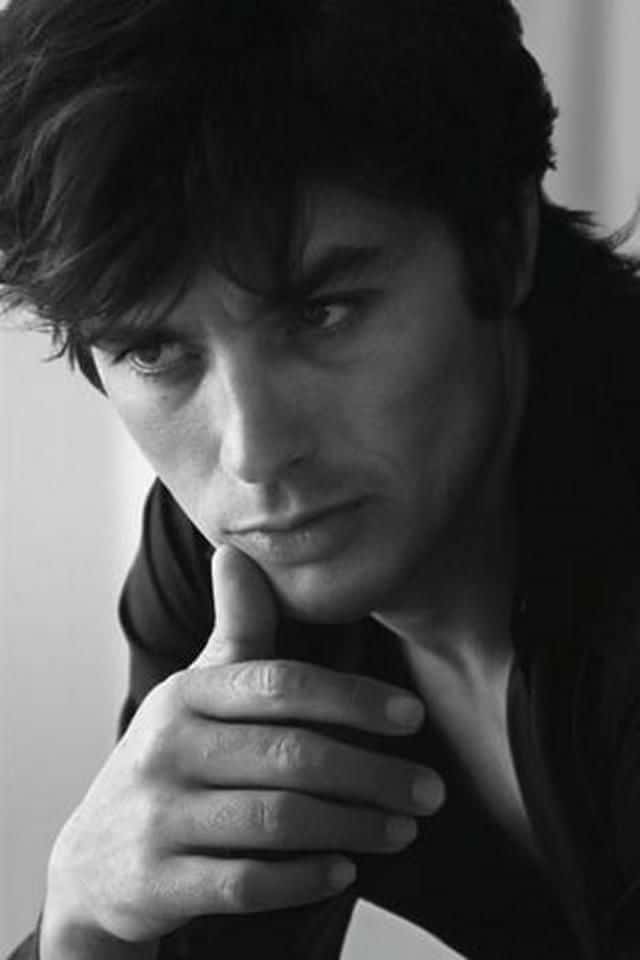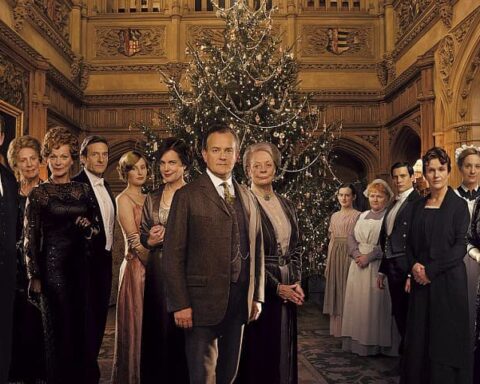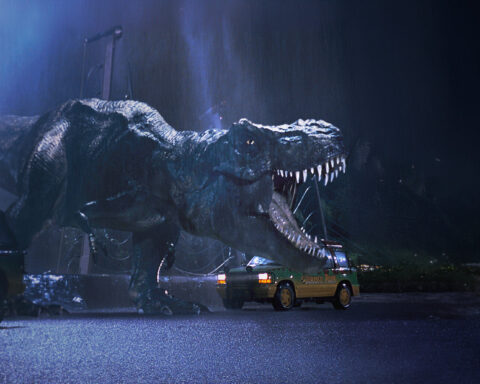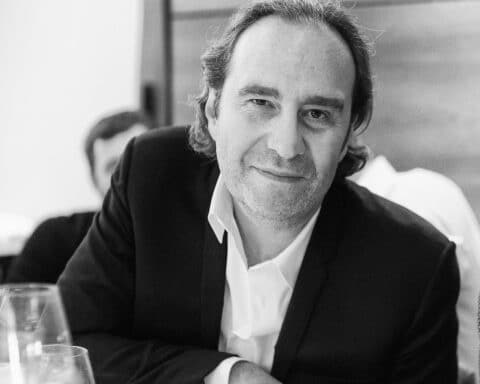The death of Alain Delon, aged 88, signals the end of a golden era for French cinema. Delon passed away in his home in the Loiret region of France, surrounded by his closest friends and family, leaving behind a colossal cinematic legacy. With a career spanning more than six decades, he had become an icon of the seventh art, whose impact was felt beyond France’s borders.
Alain Delon died on Sunday August 18 at the age of 88, in his home in Douchy (Loiret). With an exceptional career spanning more than sixty years, he left an indelible mark on the world of the seventh art. Delon, whose name has become synonymous with charm and mystery, has marked entire generations with his uncommon talent and unique charisma. His rich and varied career continues to captivate and inspire many artists and film enthusiasts.
The beginnings of a young leading man
Born on November 8, 1935 in the Paris suburb ofSceaux, Alain Delon did not seem destined for a film career. His tumultuous childhood and rebellious adolescence contrasted with the trajectory of a future star. After a brief period in the army, he entered the world of cinema almost by chance. His atypical physique and natural magnetic aura caught the eye of directors. In 1957, he landed his first significant role in Yves Allégret’s “Quand la femme s’en mêle”, marking the start of his career on the silver screen.
This initial success paved the way for future collaborations with renowned directors. However, it was in 1960 that his career took a decisive turn with René Clément’s “Plein Soleil”. In the role of Tom Ripley, Delon demonstrated his talent for complex, ambiguous characters, propelling his career onto the international stage and establishing his reputation.
Rising to the top
The 60s and 70s represent the peak of Delon’s career. After “Plein Soleil”, he went on to play a series of outstanding roles, most notably in Luchino Visconti’s “Rocco and His Brothers” (1960). This film, which explores poverty and violence through the story of an Italian family, allowed the actor to shine in an intense role. His collaboration with Visconti continued with “Le Guépard” (1963), a historical epic in which he co-starred with Burt Lancaster and Claudia Cardinale. This work, acclaimed for its visual majesty, once again confirms his exceptional talent.
In 1967, Jean-Pierre Melville’s “Le Samouraï” marked a decisive step in his career. In this cult film, Delon plays Jef Costello, a lonely hitman. This performance, imbued with coldness and mystery, became emblematic and helped establish his international reputation. The role of Jef Costello, with its complex nature, remains one of the most famous of his career, and testifies to Delon’s ability to blend into fascinating characters.
An actor turned legend
Delon’s impact extends beyond the borders of French cinema. His intense presence and subtle charm make him unforgettable in every role. In Michelangelo Antonioni’s “L’Éclipse” (1962), Delon starred alongside Monica Vitti, exploring themes of alienation in an introspective work. This period of his career was also marked by collaborations with prestigious directors such as Joseph Losey in “Monsieur Klein” (1976), a film about the complexities of the Occupation in France.
From the 70s onwards, Delon turned to directing and producing. His first film as director, “La Première Nuit de Tranquillité” (1973), reflects his interest in themes of solitude and introspection. This phase of his career is also notable for his professional and personal relationship with Romy Schneider, notably in the psychological thriller “La Piscine” (1969), a landmark work of their collaboration.
Virtually retired from film since the mid-1990s, the actor returned to the limelight in 2010 as the face of Dior’s Eau Sauvage fragrance, an iconic campaign that drew on the mythological imagery of Delon, the unforgettable star of La Piscine, through a black-and-white shot showing the young actor at the height of his beauty.
A career marked by controversy
Delon’s career was not without controversy. His assertive character and sometimes polemical statements have provoked a variety of reactions. Away from the silver screen, his private life, marked by tumultuous relationships and controversial lifestyle choices, has often been the subject of media speculation. True to form, Delon has never sought to hide his flaws or conform to external expectations, helping to forge his image as a complex man.
His commitment to causes such as animal rights, as well as his outspoken political stance, have fueled debate. Despite these controversies, his undeniable talent and influence on cinema have remained unshaken.
The legacy of an icon
With a filmography of over 80 films, Alain Delon leaves an impressive cinematic legacy. His influence on the seventh art, both in France and internationally, is indisputable. His unique style and ability to captivate audiences, even in the quietest of roles, have left their mark on the history of cinema. The tributes paid to him underline his lasting impact and the importance of his work.
He became the face of an elegant yet mysterious France. His charisma and talent will continue to inspire future generations, making him an eternal figure on the silver screen. Although cinema has lost one of its brightest stars, Delon’s legacy will live on through his films, reflecting a rare and unrivalled talent.
Alain Delon’s death marks not only the end of an exceptional career, but also the end of an era. His influence continues to resonate, while his name will remain etched in the history of the seventh art.
Read also > Tom Ripley or the Dolce Vita… at any price
© Dior















